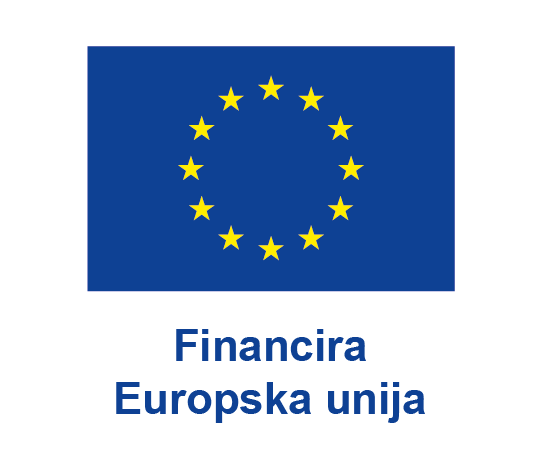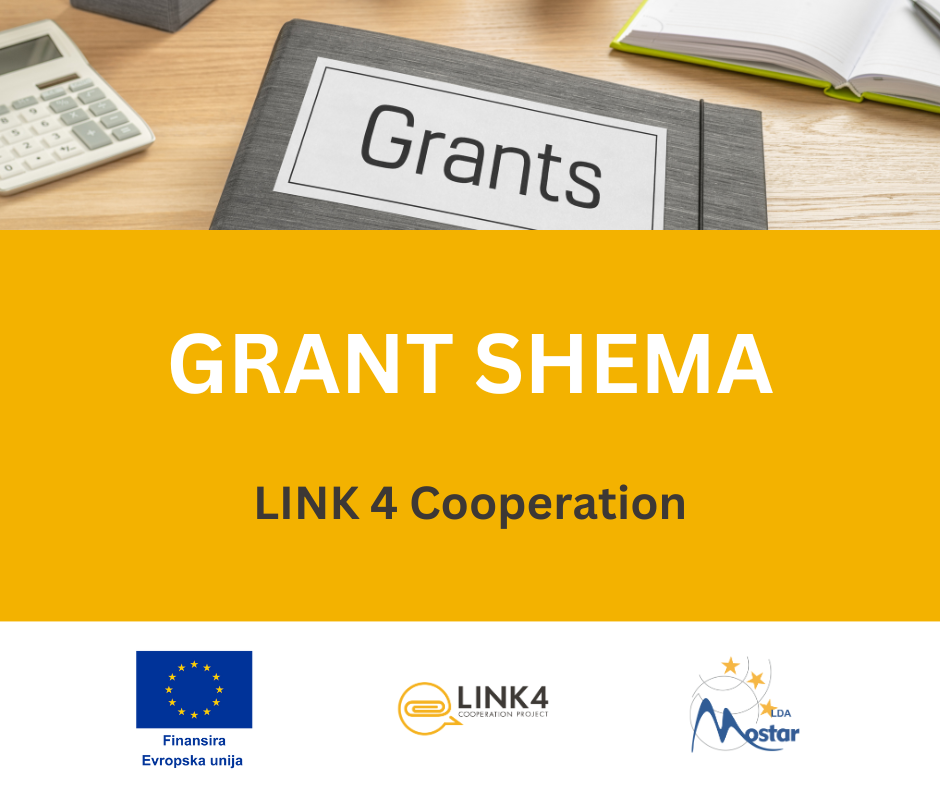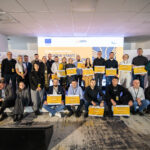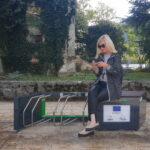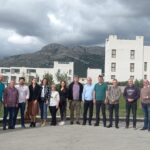One of the most vibrant activities of the “LINK 4 Cooperation” project was the “sub-granting scheme”, the provision of non-reimbursed financial support to Civil Society Organizations (CSOs), carried out in the third year of the project, with the aim of strengthening the capacities of these very important “actors” involved in public processes at the local level.
The cooperation of local authorities and CSOs in the implementation of public policies is most often reflected in the various forms of (financial and non-financial) support that local governments provide to the programs and projects of these organizations, which they consider to be of interest to the common good.
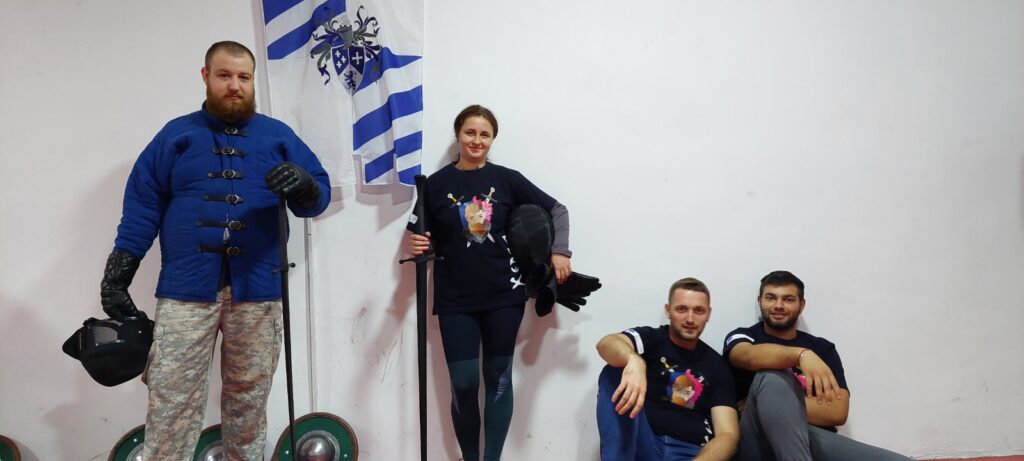
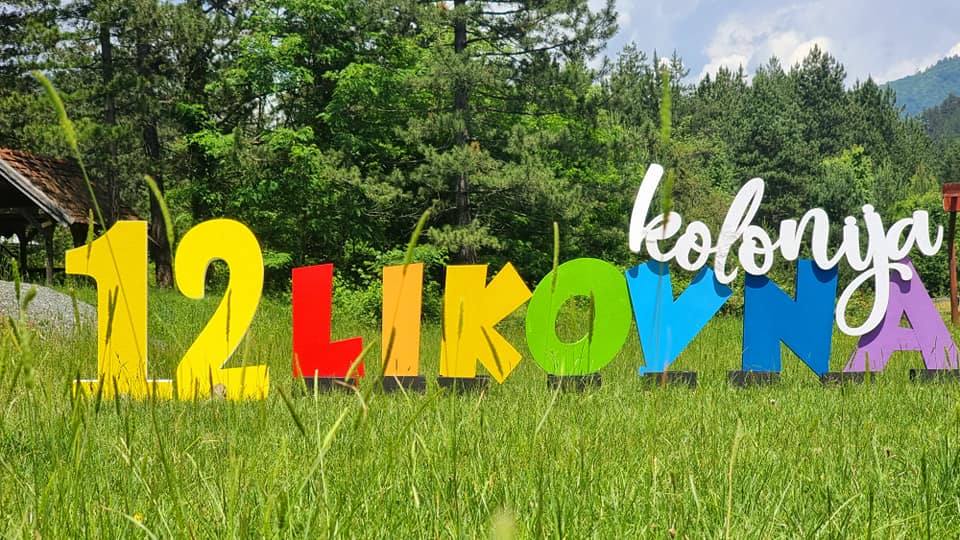
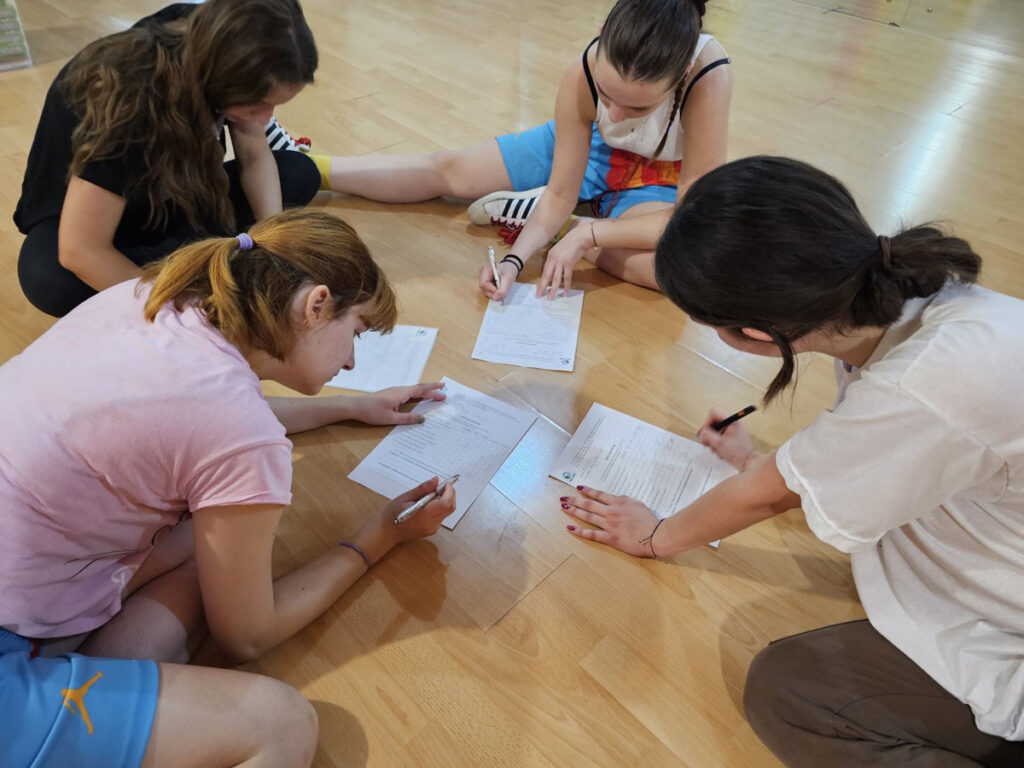
This type of cross-sector cooperation has great potential for generating numerous positive changes and creating much-needed synergies for sustainable social and economic development, hence the need to evaluate each “step” of this project activity with special attention so that its impact can be measured qualitatively, with the mentoring and guidance of the “subgranting scheme” coordinator, and the field work of all project partners.
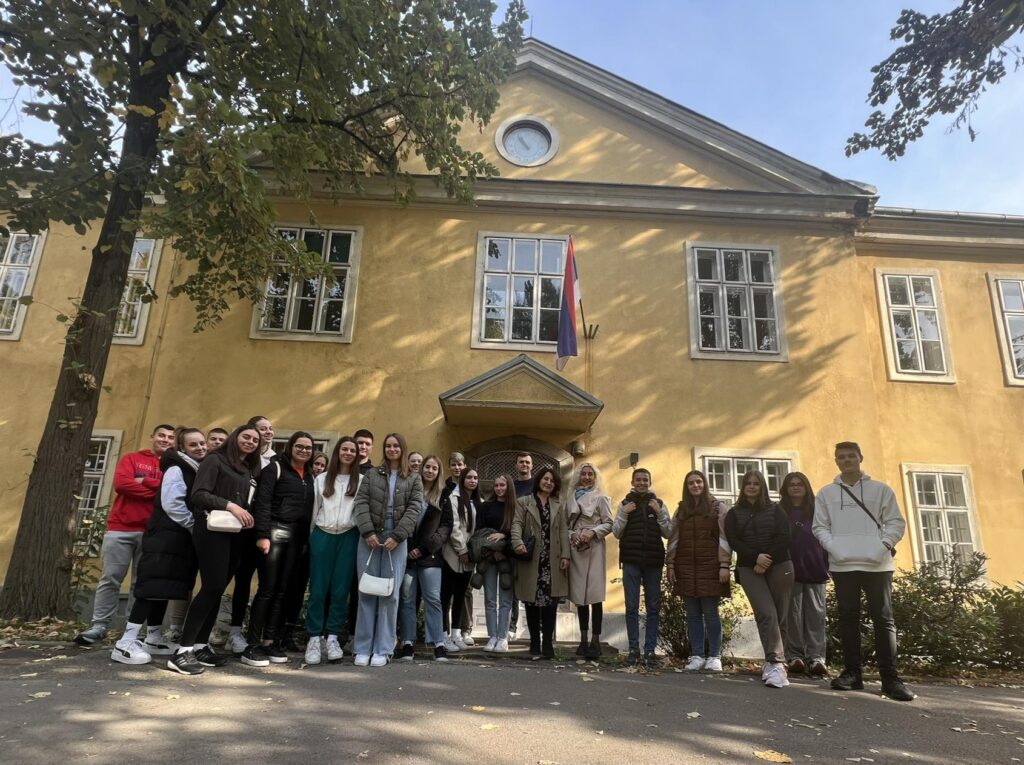
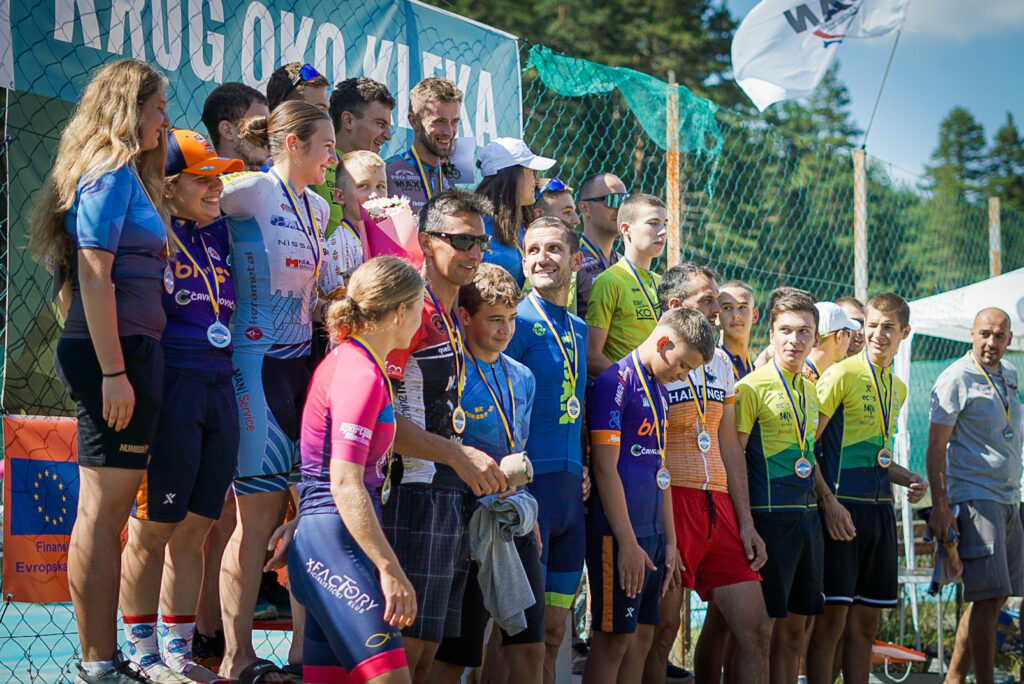
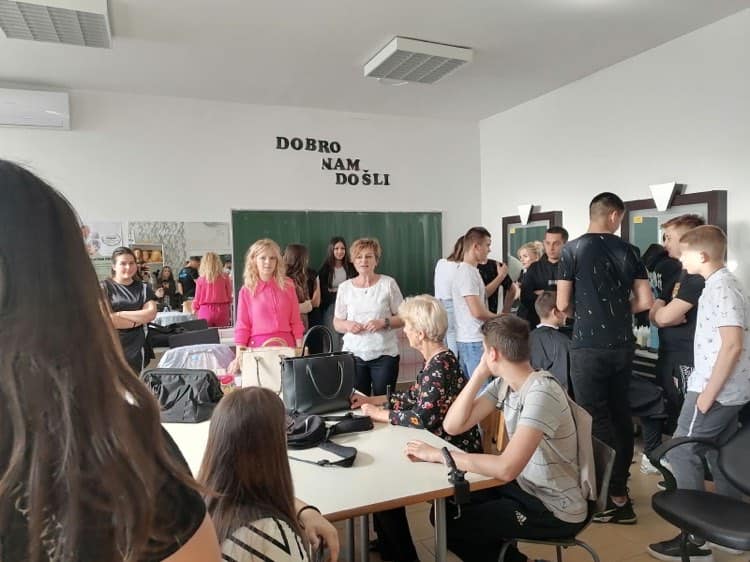
It is important to point out that 41 organizations from the cities and municipalities where the project is being implemented applied for the public call for project proposals, of which 22 projects were financed through the subgrating scheme, which were mainly created through close cooperation of local CSOs and local governments in which these organizations operate.
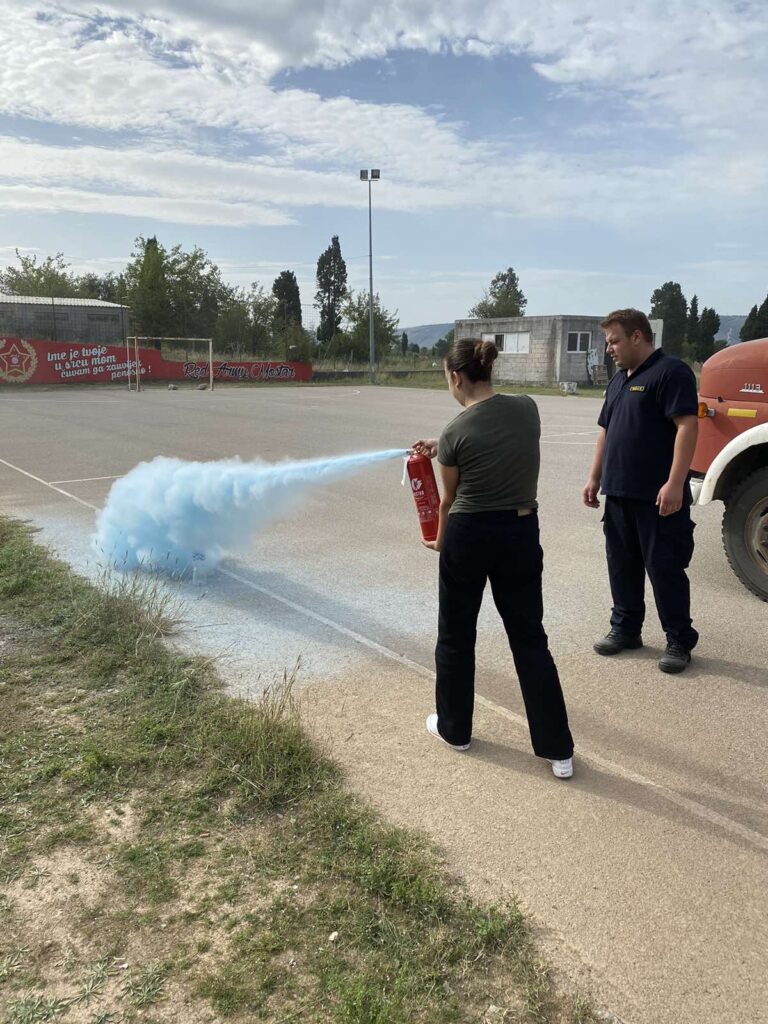
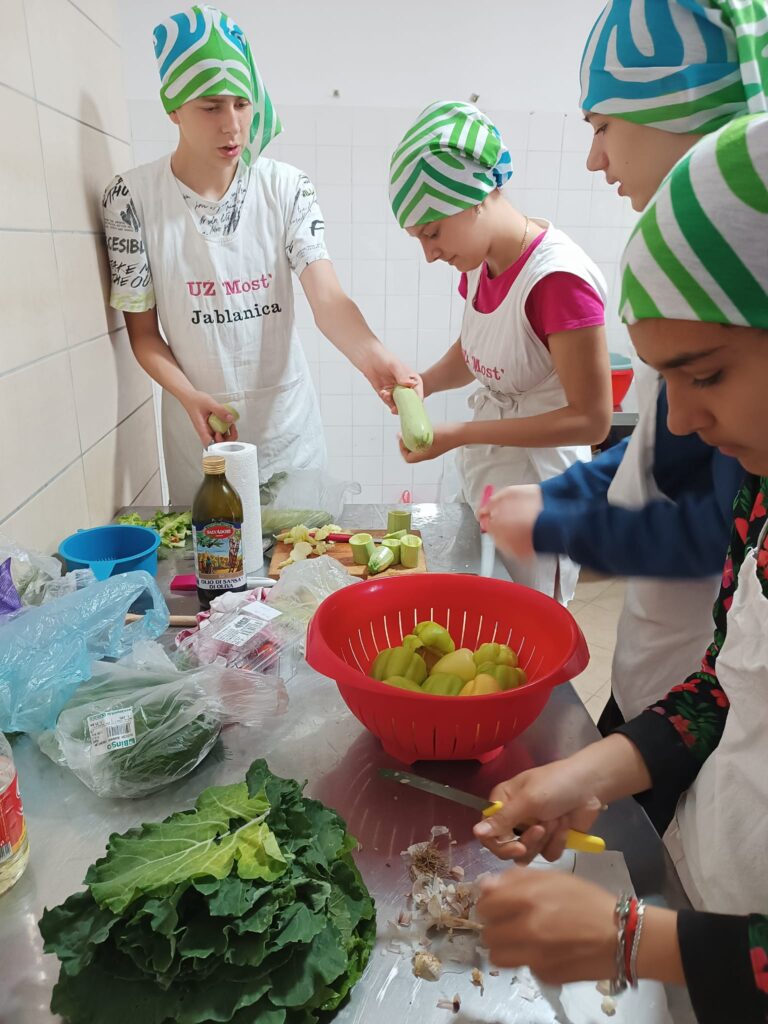
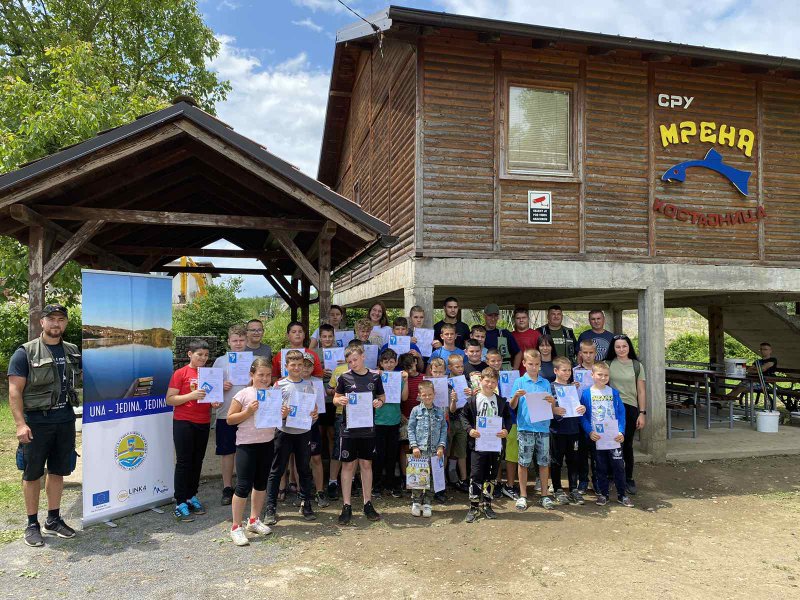
The European Union (EU) financed 60% of the value of the grant scheme, while the rest was financed by local governments on whose territory the projects were implemented.
The project factography further indicates that these 22 projects were implemented in the period April – October, 2023, in the area of Berković, Jablanica, Kostajnica, Maglaja, Mostar, Novi Grad, Prijedor, Ravno, Trebinje, Zavidović and Žepče. The total contracted amount intended for the implementation of grant scheme projects was 117,350.00 KM, and the total amount spent was 113,585.28 KM.
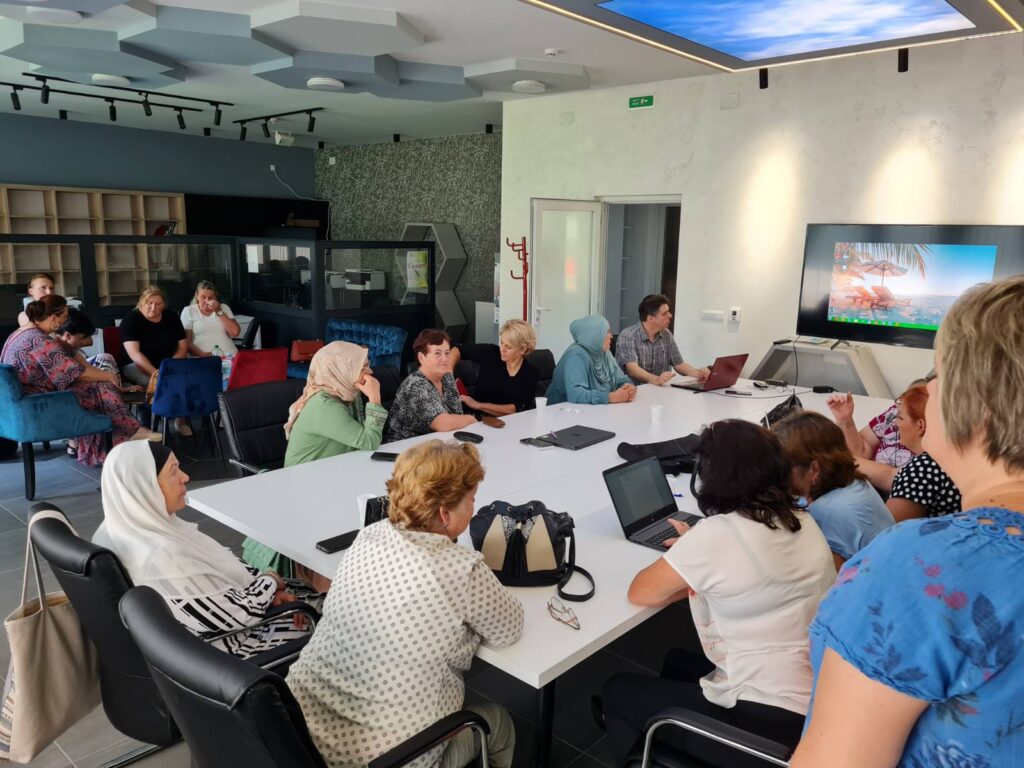
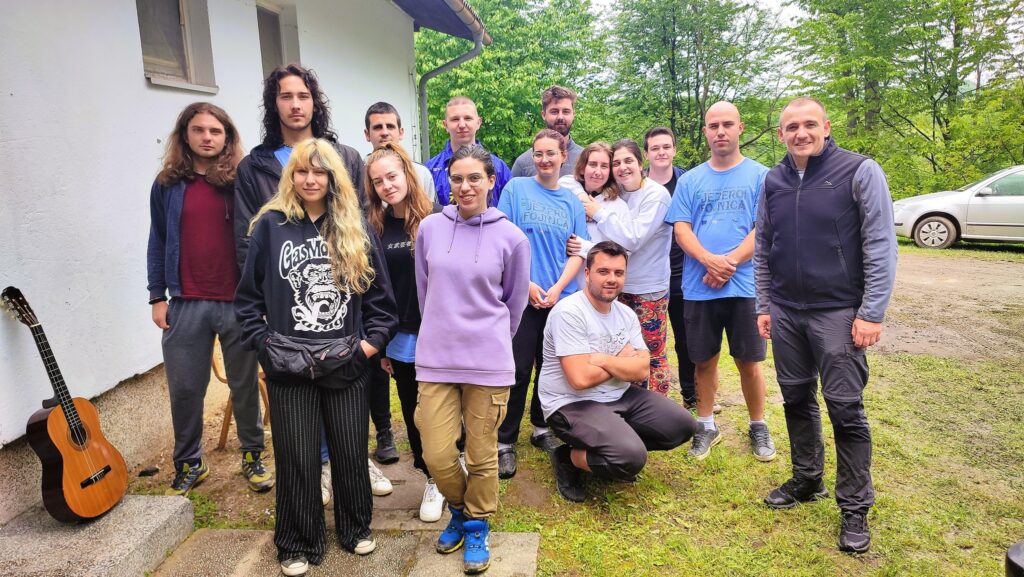
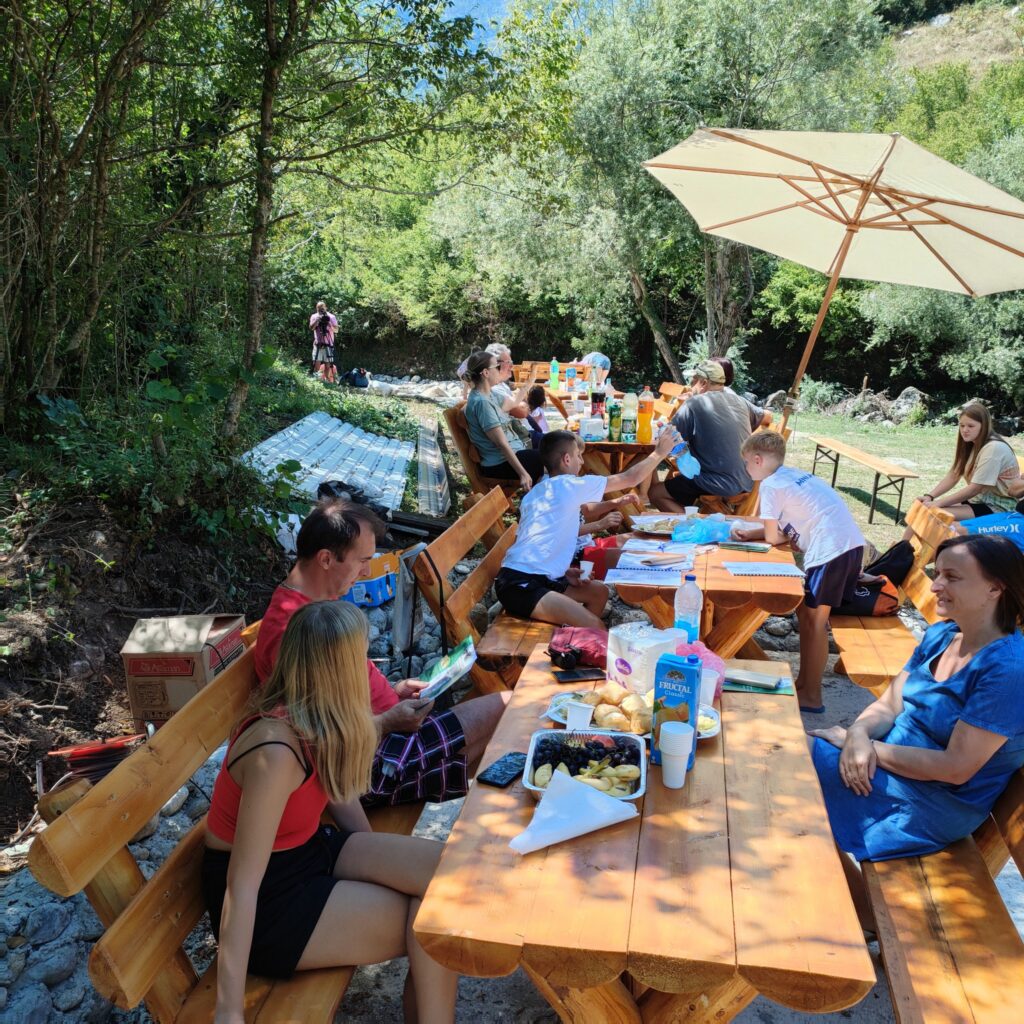
What is very important is the proactive approach of the authorities in these cities and municipalities when it comes to the “LINK 4 Cooperation” project and 22 projects financed within the “subgranting scheme”.
Thus, the importance of more intensive cooperation and support for the civil sector was recognized “locally” so that the activities of these projects would produce results that, in the long run, would be of great benefit to the local population.
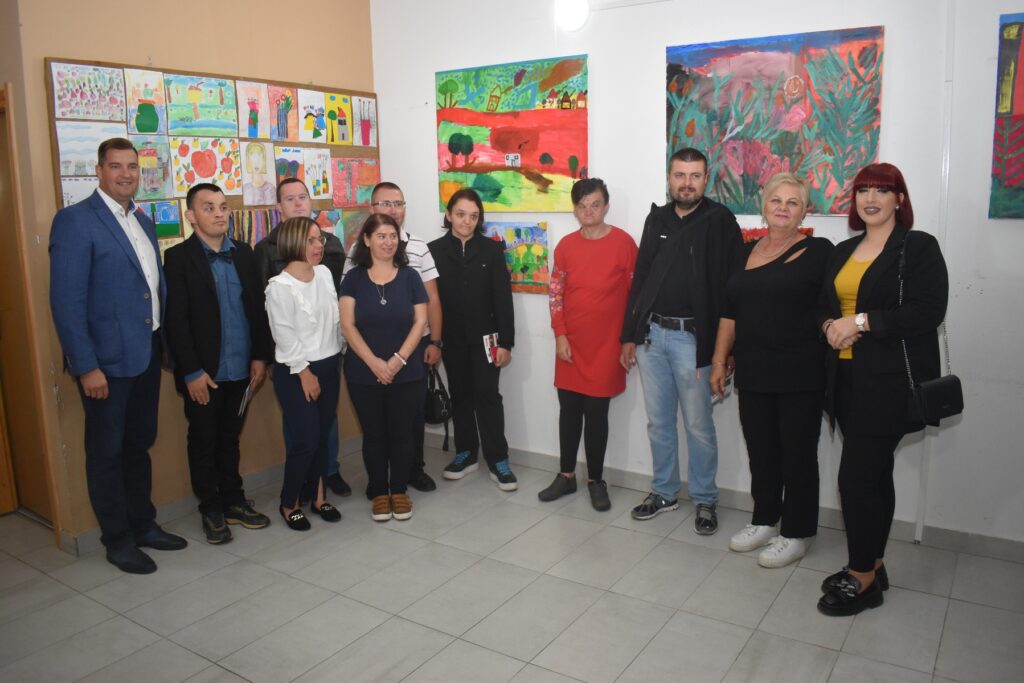
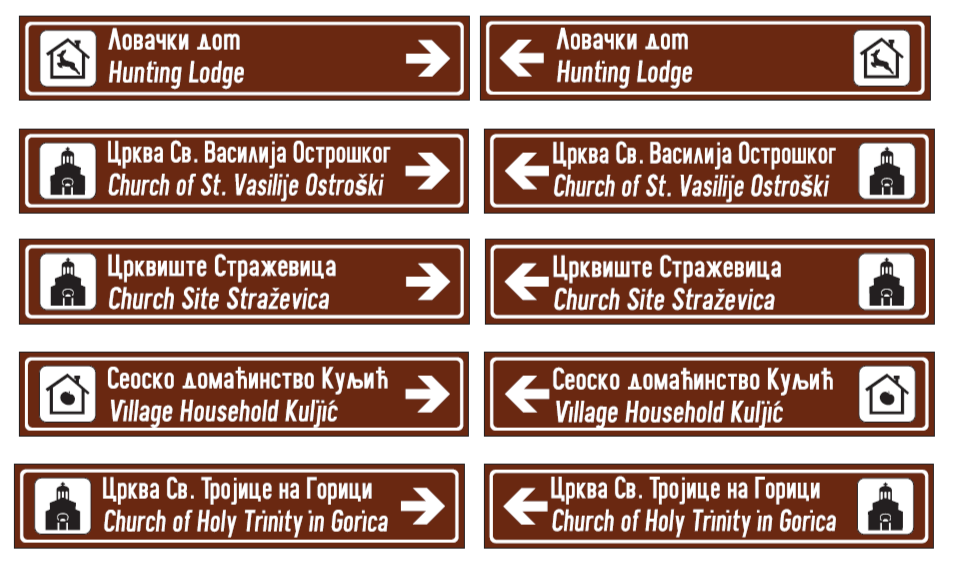
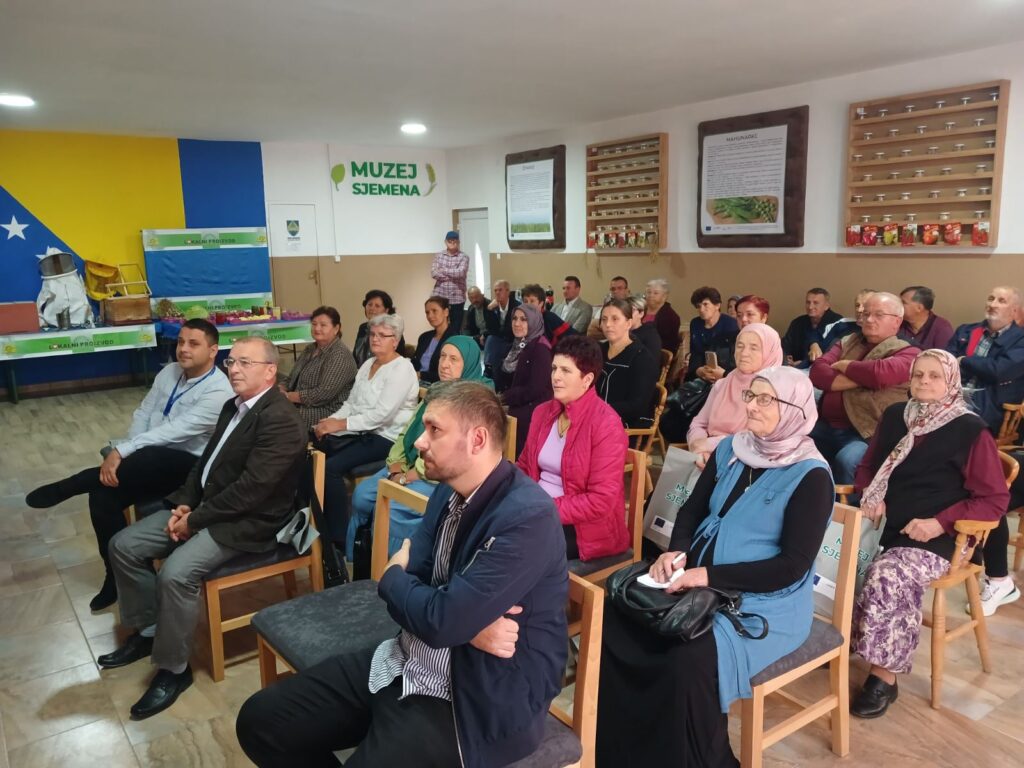
When, in a segmented manner, those who directly benefited from these “small” projects are added up, the results reveal 205 women who brought changes to their communities and 232 students and young people who improved their skills or improved the quality of life for the residents of their communities.
The projects drew attention to marginalized groups in communities, so 36 people with intellectual disabilities got a new opportunity for active inclusion.
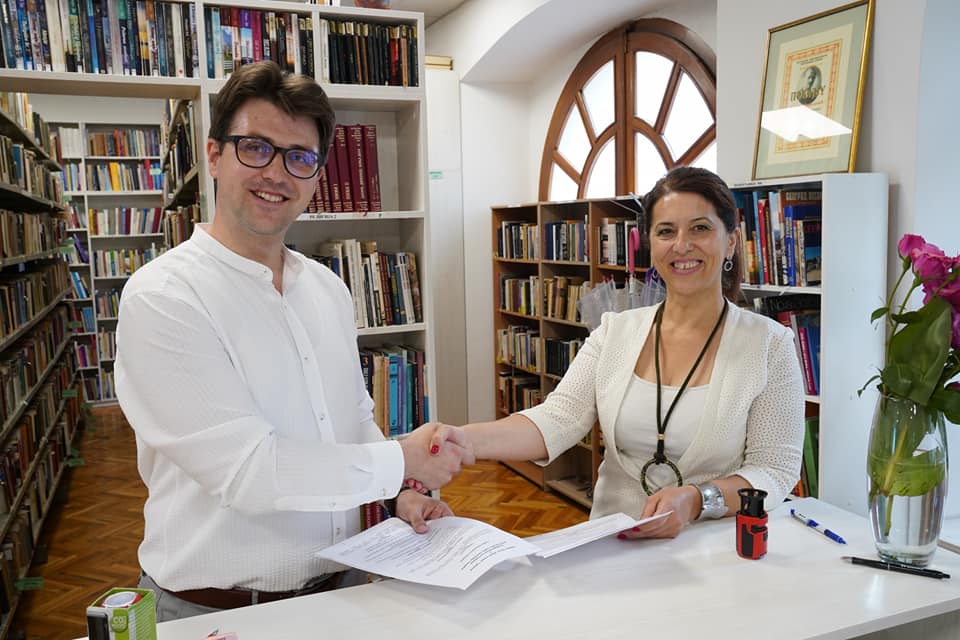
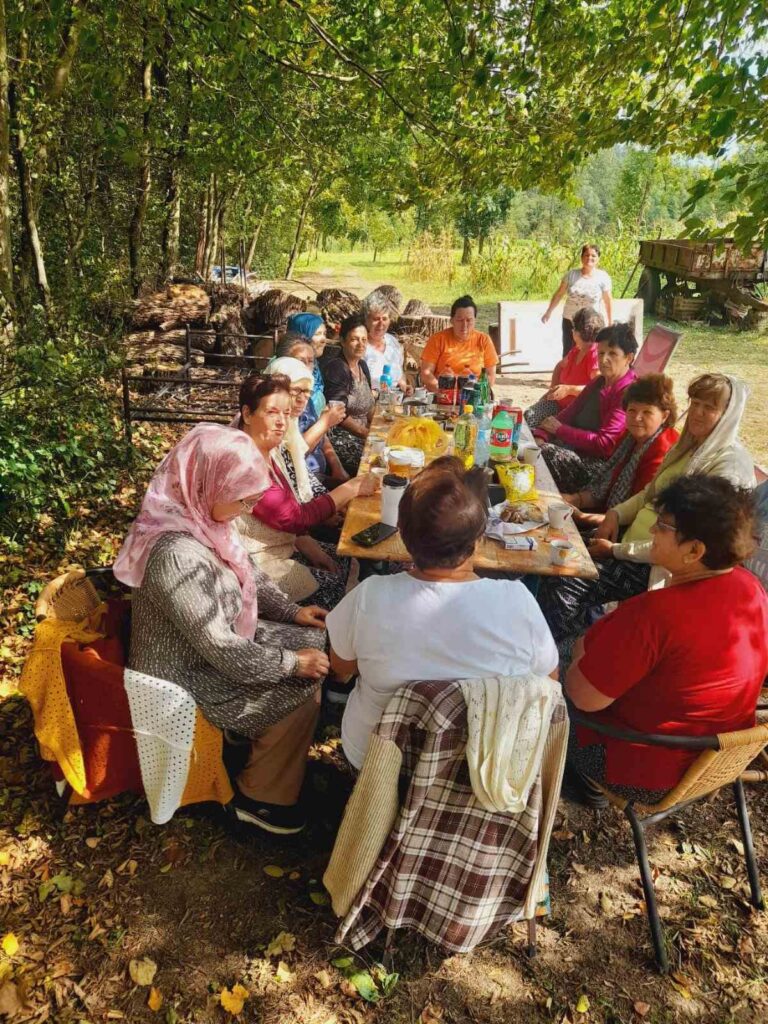
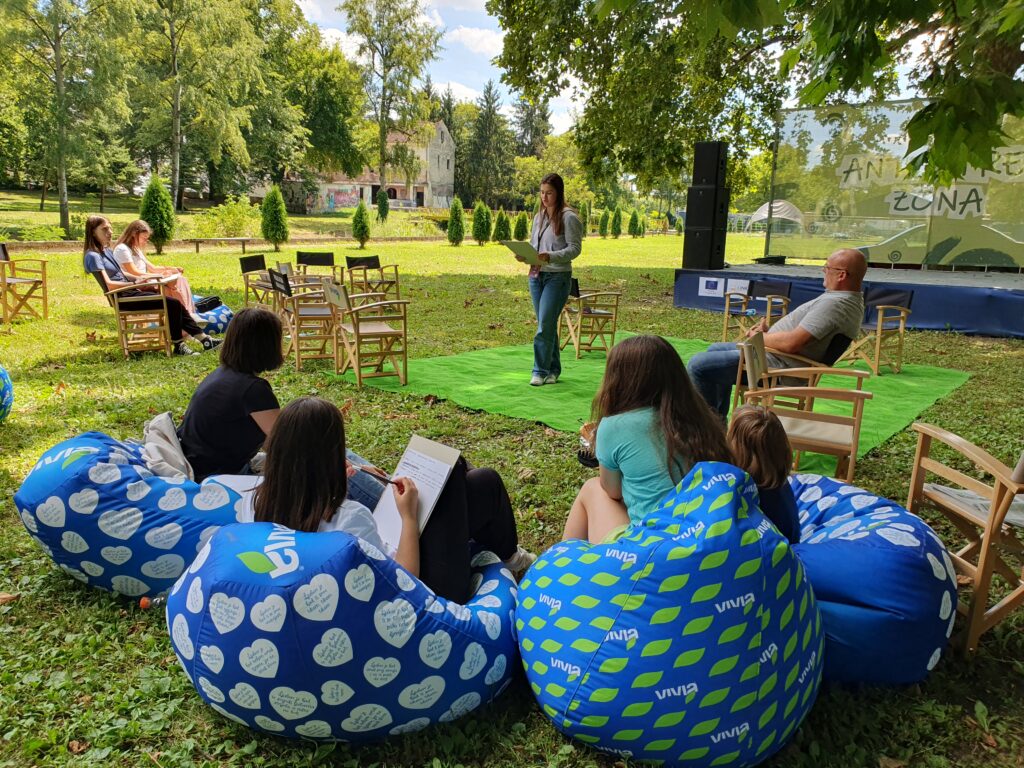
The “subgranting scheme” has activated 60 biologists who were involved in researches, 150 volunteers who are indispensable in such mini-projects, where much is done on a voluntary basis, 30 mini environmental actions were initiated, 100 cyclists drove the bicycle races to popularize this sport in a local community, two scientific-research camps were held, five public advocacy campaigns were launched and much more shown in substantial statistics that point to valuable work and enviable results.
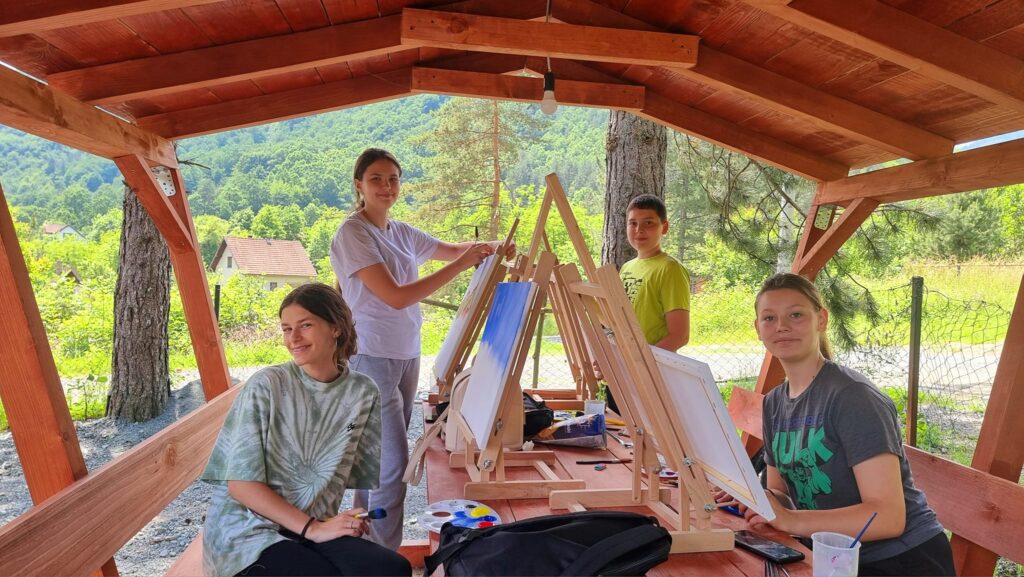
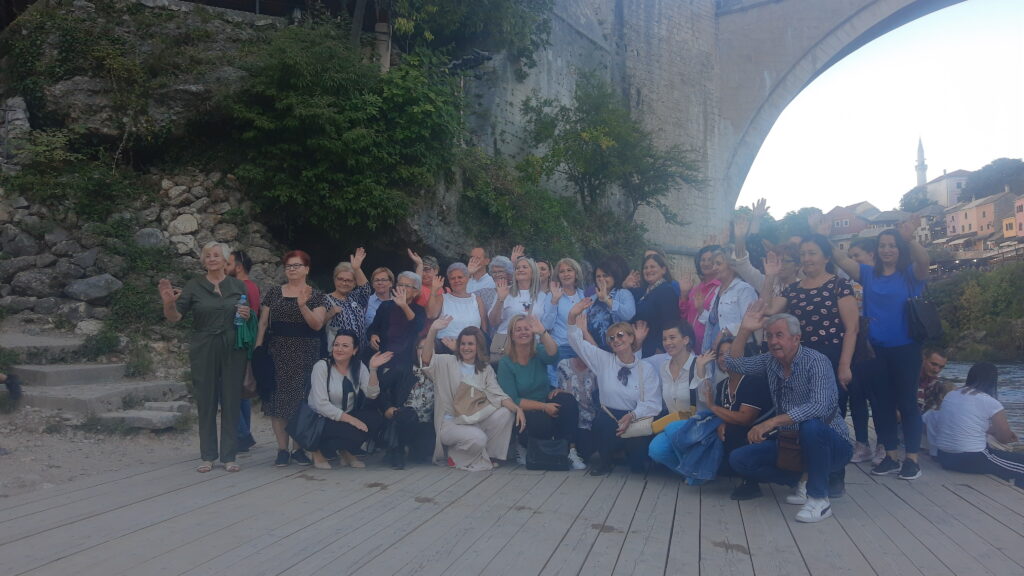
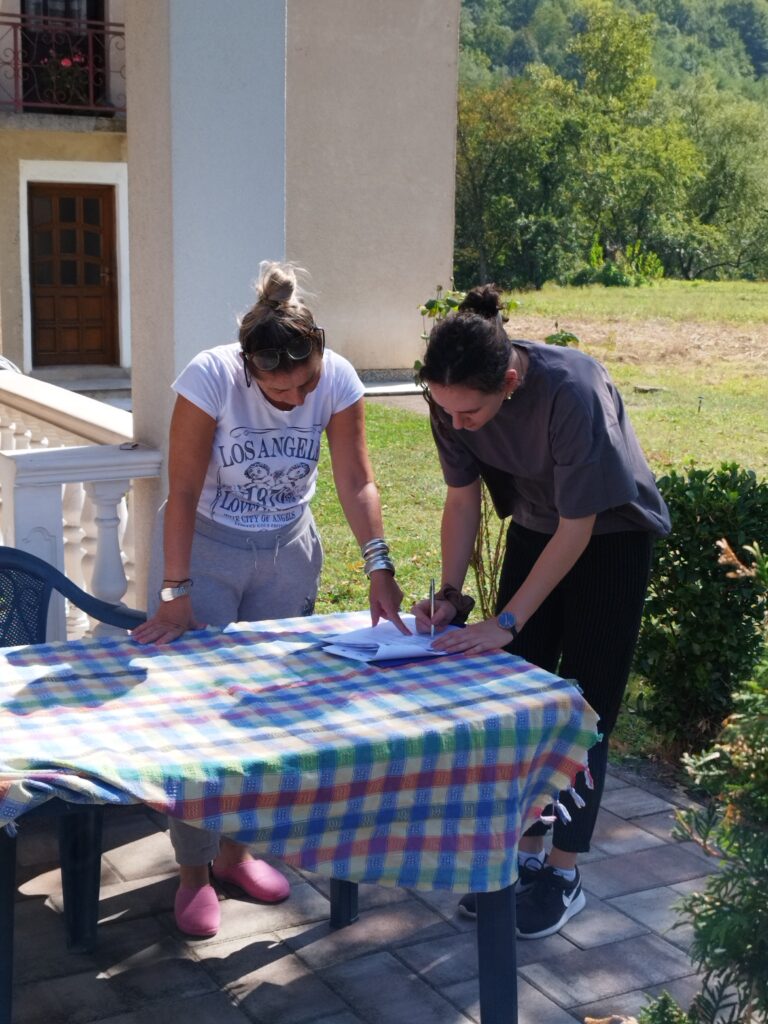
Now only one more dilemma needs to be resolved: whether all these projects, which you can read more about on the project website and the publication “Stories that shape communities”, represent examples of good practices of cooperation between CSOs or local government, i.e. cities and municipalities included in the “LINK 4 Cooperation” project?
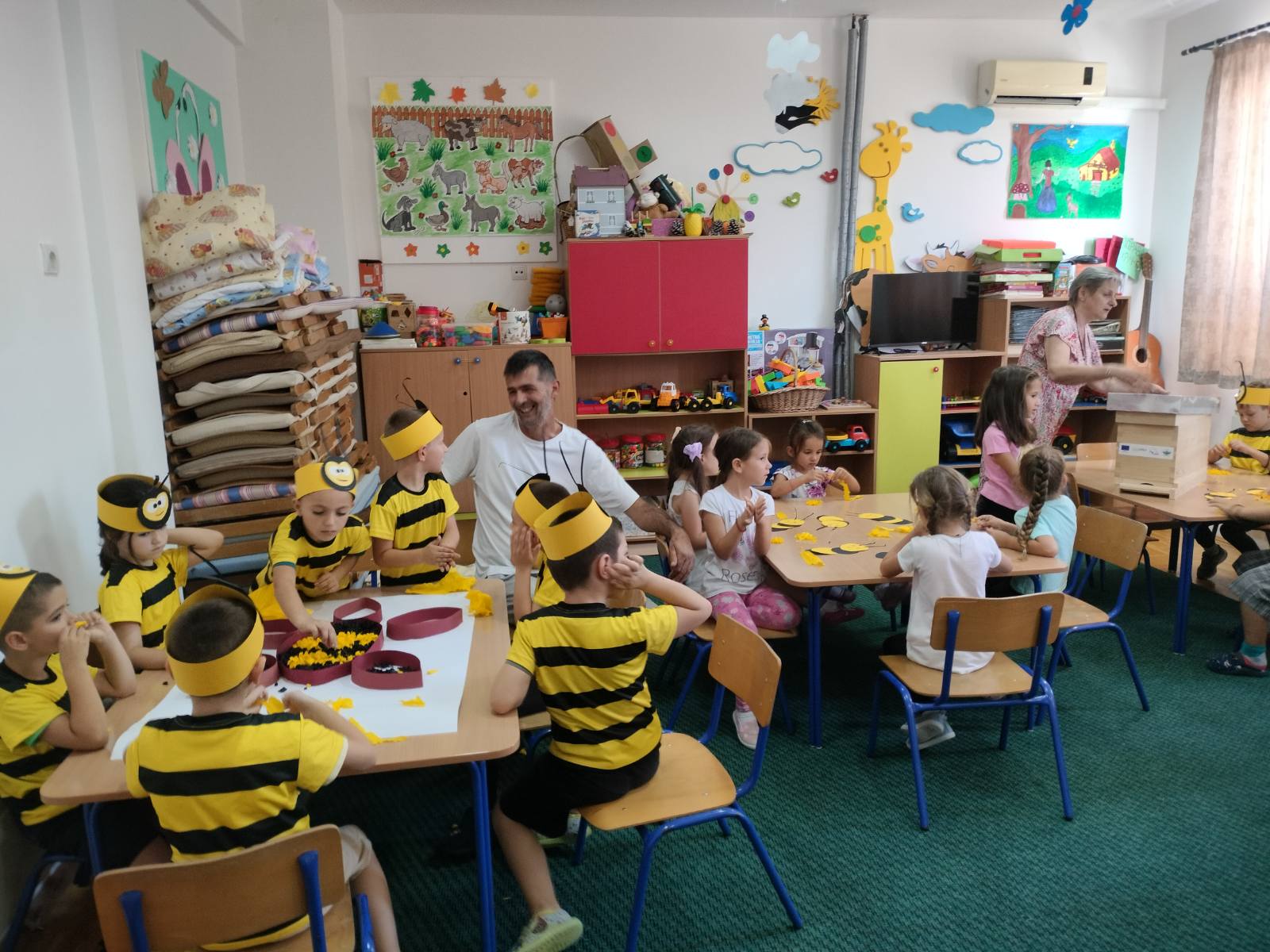
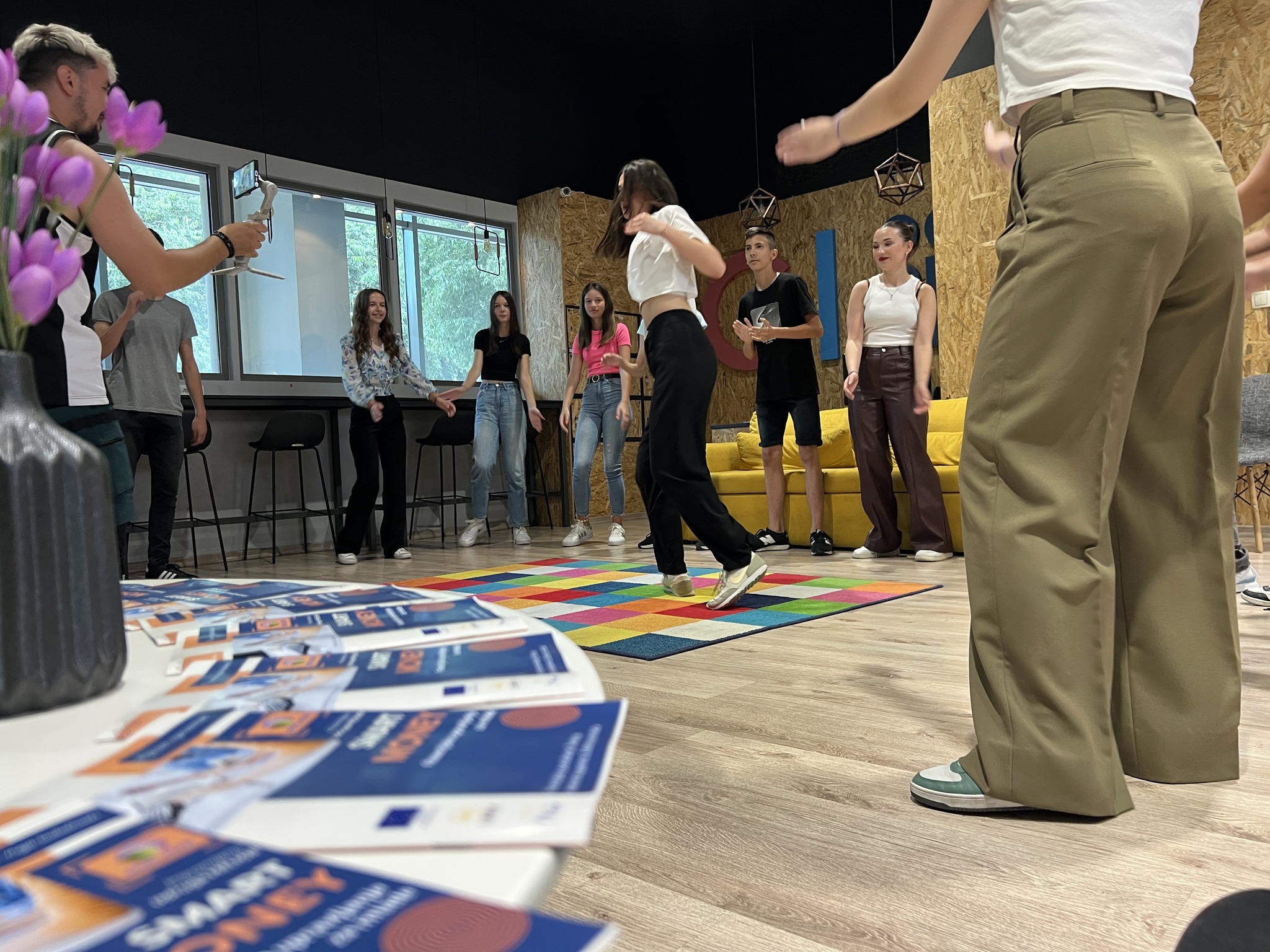
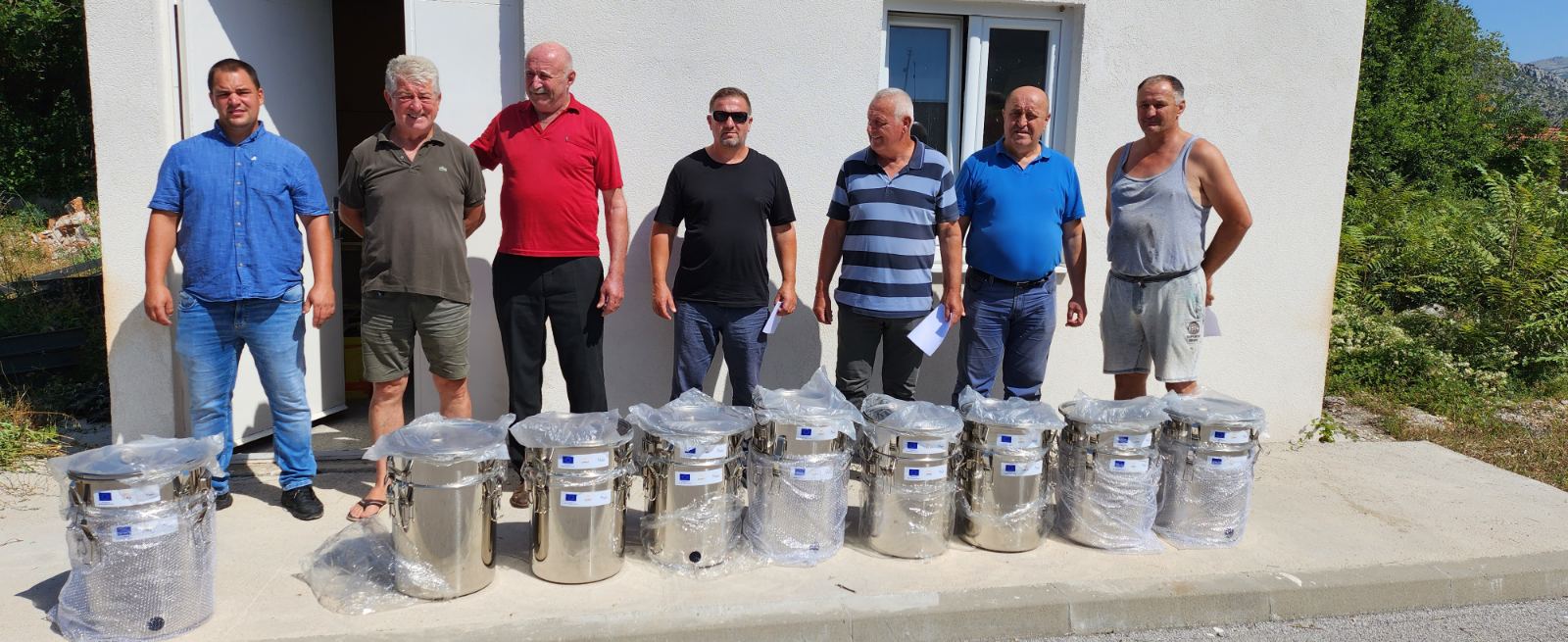
Judging by the projects results, the benefits were mutual and it proved exactly what has been known for a long time, namely that by looking at the needs of the community before writing the projects, even with limited resources, a lot can be solved.
It is also important to note that before the implementation of the “grant scheme”, various tools were used to strengthen the capacities of the aforementioned actors. Thus, thanks to the “LINK 4 Cooperation” project, LAP and ELoGE were available to the communities, as well as training on project cycle management. All these tools helped both local authorities and CSOs enabling them to do such a important work.
An overview of the implemented activities of the grant scheme is available in three video clips below.

